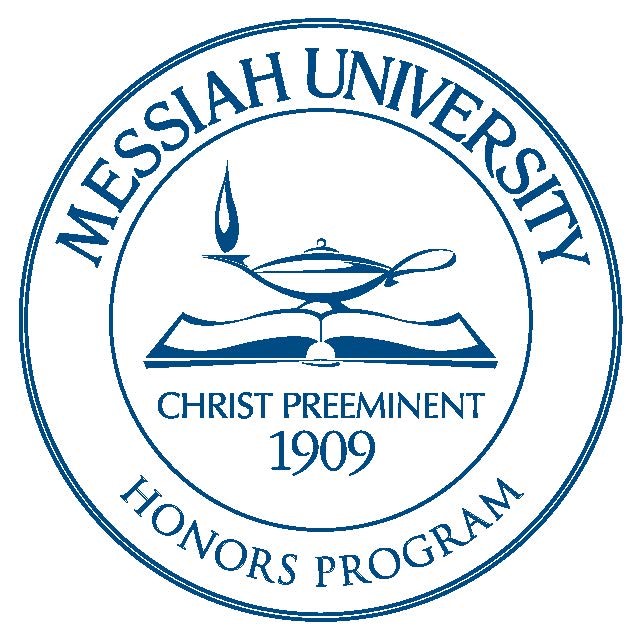Date of Award
12-18-2003
Document Type
Thesis
Department
Biological Sciences
Abstract
CDS+ cytotoxic T lymphocytes recognize and eliminate immortalized cells by detection of specific epitope sequences presented on the cell surface. Mutation, whether a deletion, substitution or any other genetic disruption may change the nature of the presented epitope and prevent the CTL from identifying these mutated, but still cancerous cells. Moreover, presentation of mutated epitopes may distract the immune system and allows wild type cells to survive. The goal for this study was to provide reagents for future studies that will use mutated and wild type SV40 T antigen expressing cells to examine a possible mechanism of protection. This was accomplished by using limited dilution plating to establish cell lines from single cells, thus providing genetically homogeneous, mutated or wild type lines. Samples of these lines were preserved cryogenically both as· viable suspensions stored in liquid nitrogen and as PBS-rinsed pellets at-80° for later genomic analysis by PCR.
Recommended Citation
Benedict, Megan, "Isolation of Genetically Homogeneous Cell Lines Immortalized by a Wild Type or Mutant Form of the Simian Virus 40 Large Tumor Antigen" (2003). Honors Projects and Presentations: Undergraduate. 262.
https://mosaic.messiah.edu/honors/262


